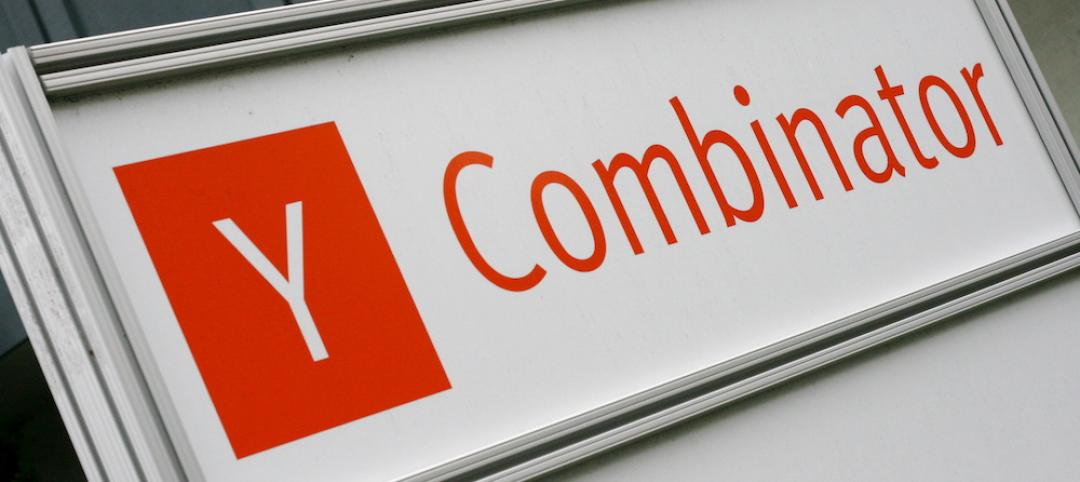Commercial property owners should commit to greenhouse gas (GHG) reduction—a strategy that reaps financial benefits and prevents buildings from becoming stranded assets, according to an energy efficiency consultant writing in GlobeSt.
A systematic drive to reduce emissions across the portfolio will garner savings on energy and water, as well as on levies for exceeding carbon emissions standards enacted by local governments. Decarbonization can avoid “stranded assets … properties that will be exposed to the risk of early economic obsolescence due to climate change because they will not meet future regulatory efficiency standards or market expectations.”
The first step is to set minimum standards for the entire portfolio and efficiency goals for individual properties. Portfolio standards could be performance based (e.g., 10% reduction of all assets by 2030), or prescriptive based (e.g., 100% LED lighting at all assets by 2025).
An energy and water audit, a comprehensive analysis of the property’s energy and water consumption using the ASHRAE Energy Audit Standards, should be conducted at each site. The audit measures energy and water usage, identifies property conditions that may cause excessive use, and provides efficiency measures to improve energy and water efficiency.
Other GHG reduction measures include building automation and controls, retro-commissioning, sourcing green energy from utilities, fully electrifying buildings, and integrating renewable energy systems into the property.
Related Stories
Green Specifications | Jul 26, 2016
New Miami Beach law requires LEED certification on projects larger than 7,000 sf
LEED Silver the prescribed standard on buildings larger than 50,000 sf.
Energy | Jul 25, 2016
Michigan law provides local governments with flexible energy conservation financing
Allows cities to fund projects without adding debt.
Contractors | Jul 15, 2016
Trade unions, contractors call for maximum penalty in construction worker death case
‘Sick and tired’ of lawbreaking contractors defining public perception.
Multifamily Housing | Jul 14, 2016
Portland, Ore., City Council approves construction excise tax for affordable housing
Expected to raise $8 million annually on commercial and residential projects.
Drones | Jul 13, 2016
FAA issues final rule on commercial use of drones
The rule covers commercial uses for drones that weigh less than 55 pounds, and it takes effect Aug. 29.
Codes and Standards | Jul 12, 2016
OSHA raises maximum civil penalties by 78%
Applies to infractions that occurred after Nov. 2, 2015.
School Construction | Jul 11, 2016
Fight over school funding in Arizona headed to court
Legislature accused of ignoring 1994 ruling ordering state to pick up some of the costs.
Green Specifications | Jul 8, 2016
World Green Building Council sets goal of 100% net-zero buildings by 2050
All new buildings and major renovations to be net-zero by 2030.
Market Data | Jul 7, 2016
Airbnb alleged to worsen housing crunch in New York City
Allegedly removing thousands of housing units from market, driving up rents.
Urban Planning | Jul 7, 2016
Y Combinator project would build new city using new technology, urban policies
Zoning, property rights, building codes all could be re-imagined.

















